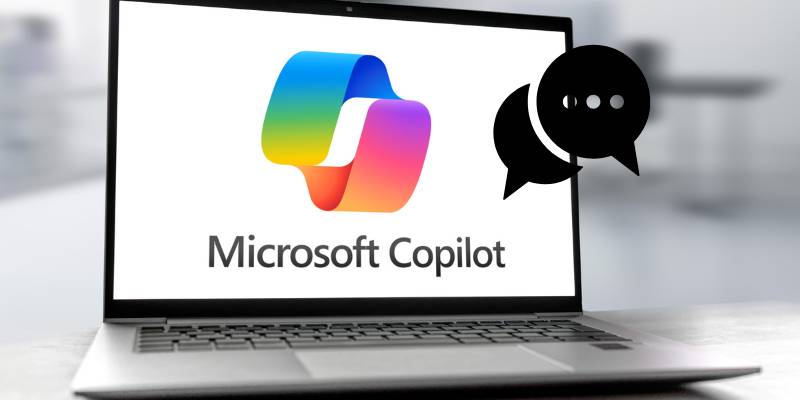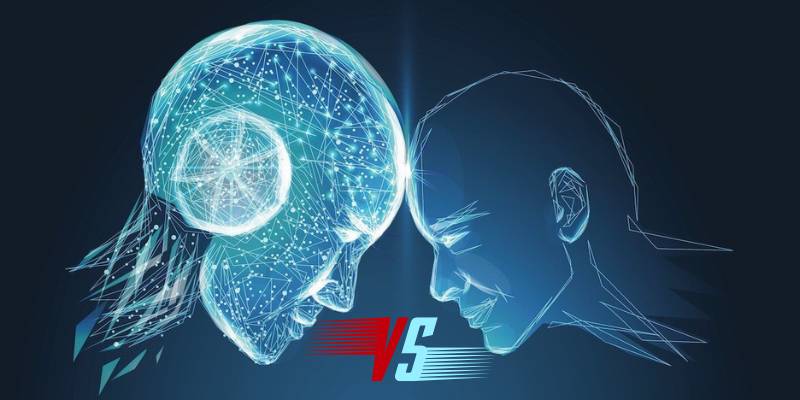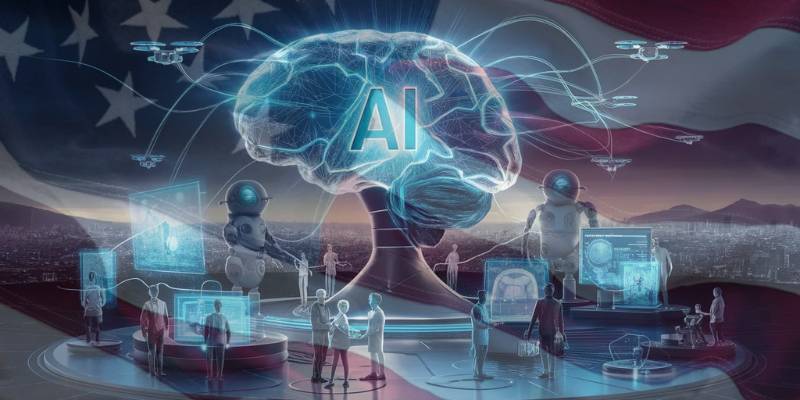You ever feel like your computer should just know what you’re trying to do? Microsoft seems to think so.
With its latest round of updates to Windows 11, the company is turning its Copilot assistant into something far more than a glorified chatbot — it’s aiming for an AI-driven companion that can see, hear, and act alongside you.
The update folds in the new “Hey Copilot” feature, letting you summon the assistant hands-free, just like chatting with a friend while cooking dinner or juggling tabs.
What’s really wild is the addition of Copilot Vision, a mode that literally looks at what’s on your screen and gives contextual help — no more fumbling for the right shortcut.
According to Reuters’ coverage of the launch, it’s part of a sweeping push to make everyday computing conversational.
Microsoft’s own engineers describe this shift as an attempt to make “every Windows 11 PC an AI PC,” meaning that even your file browsing, note-taking, and email might soon get nudged by a layer of intelligence.
The official Windows blog explains that the ultimate goal is to weave voice and visual recognition into every corner of the OS, blurring the line between system and assistant.
I tried imagining what that feels like — the computer finishing my to-do list before I even open it — and, honestly, it’s both thrilling and a little eerie.
But here’s the twist: these upgrades land right as Microsoft phases out free security support for Windows 10.
That means a lot of users face a tough call — pay for extended coverage or jump to a smarter (and nosier) operating system.
Reports from AP News point out that this timing is no coincidence; Microsoft clearly hopes the lure of AI convenience will speed up migration. Still, not everyone’s ready to talk to their laptop.
I keep thinking back to Cortana — remember her? She was Microsoft’s big AI hope a decade ago, and, well… she faded fast.
This time, though, the tech’s different. Neural processors are faster, models are smarter, and the ambition’s way higher.
Even so, it raises the question: do we trust a screen-watching AI to stay in its lane?
Privacy groups are already watching features like Windows Recall, a system that periodically captures snapshots of your activity for easier retrieval — helpful, sure, but unsettling if mishandled.
Beyond the personal side, there’s a cultural shift here. As one tech columnist from The Verge noted, Microsoft isn’t just upgrading software; it’s re-teaching users how to relate to their devices.
You don’t type to your computer anymore — you talk to it, interrupt it, joke with it, maybe even argue. It’s human-machine dialogue, not command-line logic.
Honestly, part of me loves this. The other part worries it’s another clever way to make us dependent on automation we don’t fully control.
But that’s the trade-off of progress, right? One minute you’re asking your PC to summarize a spreadsheet; the next, it’s scheduling your dentist appointment.
I guess the real question is — how long before we stop calling it a computer at all, and just start calling it a coworker?


